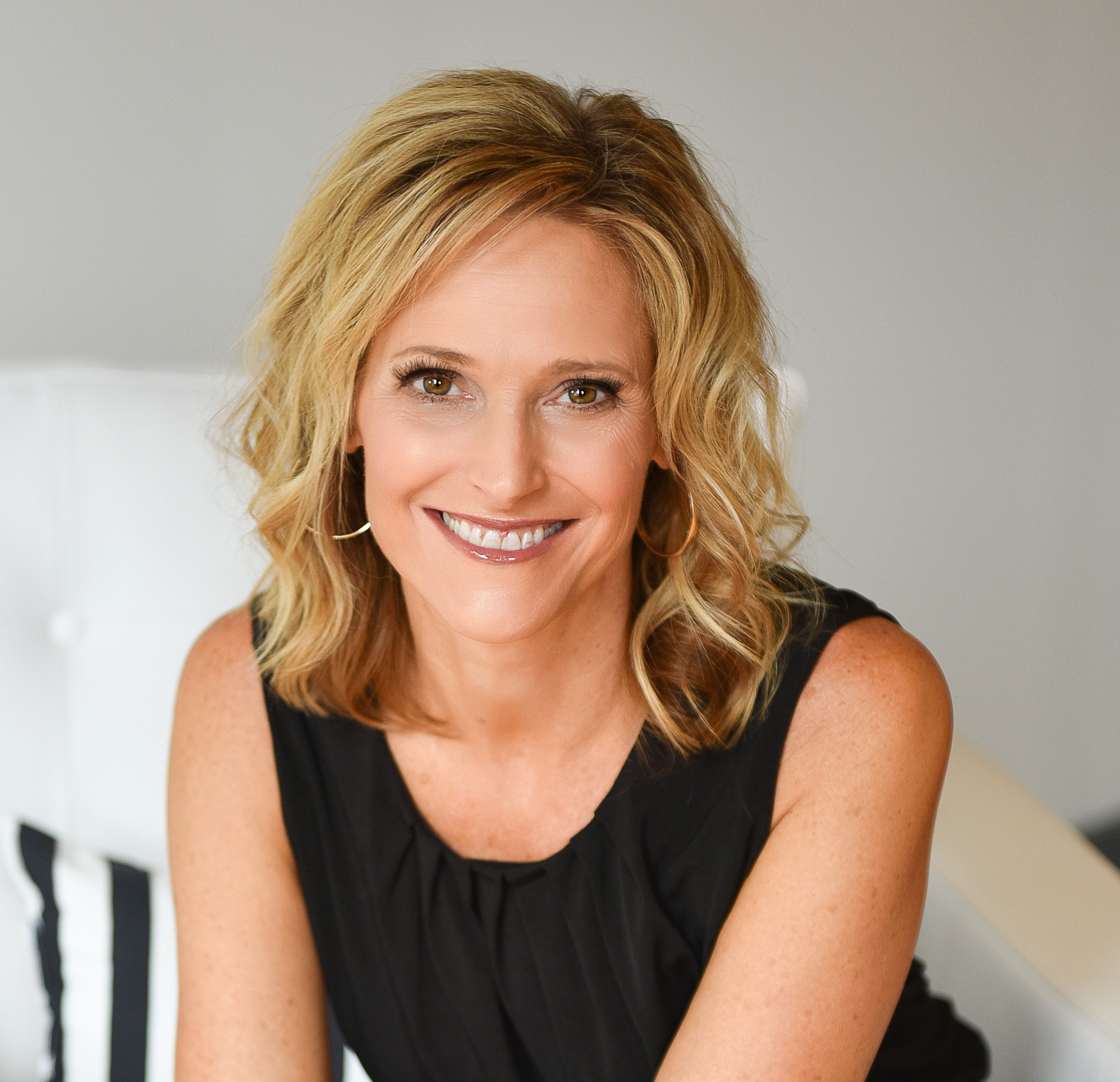“She looks totally fine” is what has been heard many times throughout the past three years as our daughter has been recovering from a brain injury, according to Rochelle Walsh, LSCSW. As a therapist specializing in complex trauma and anxiety, Walsh, was no stranger to the brain and suffering, often not discernable on the outside.
The first 6 months after the injury, few people saw her daughter. Once she began to be out in the world, it was difficult for others to understand how she could be suffering when she looked relatively “normal” on the outside. The invalidation was quite painful at times, even as experienced from certain health care professionals.
Rochelle Walsh had been treating mental illness for over two decades, and she came to quickly realize how similar this path of physical brain recovery with her daughter would be to those she had walked through with clients for years. Mental health is brain health, after all. Perhaps, if we dropped the “mental,” more people would feel validated in caring for psychological issues.
Anxiety is one of the most serious and common challenges women face today, and it is one you cannot see. Perhaps the greatest barrier to breaking free from anxiety or other mental health disorders is the lack of understanding… not only of the causes but of the most effective forms of treatment.
According to the Anxiety & Depression Association of America…… “Anxiety disorders are real, serious medical conditions – just as real and serious as physical disorders such as heart disease or diabetes. Anxiety disorders are the most common and pervasive mental disorders in the United States. An estimated 264 million people worldwide have an anxiety disorder. Women are nearly twice as likely as men to be diagnosed with an anxiety disorder in their lifetime.”
Walsh believes the epidemic of anxiety among women is largely ignored and misunderstood.
“Empowerment of women must not only include how we encourage women to show up on the outside but to delve deep into caring about how women are experiencing their lives from the inside.”
She believes that not only does the stigma surrounding mental health still exist, but that a new and dangerous idea has emerged in that anxiety has been normalized to far too great a degree. Too often, women’s complaints around anxiety are written off as being “just stress,” ageing or hormonal. Anti-anxiety medications are prescribed at an alarming rate, and yet rates of those suffering from anxiety have not decreased.
Certainly, it is not helpful for anxiety to be treated as a character defect or weakness. Nor is it helpful to see it as anything less than the harmful health condition it is. Anxiety or stress … as a “fight or flight” response to a threat is a normal biological function, which is intended to help us get out of danger. It can help us to perform, protect and mobilize.
Anxiety, however, as a chronic state happens is when “fight or flight” gets stuck in the “on” position. This state is not only NOT normal… it is extremely detrimental to our health and ability to function at our highest level.
Chronic anxiety not only creates suffering, but it also leads to further health conditions, such as high cholesterol, high blood pressure, and other health conditions. Brain fog is a major complaint of women who struggle with anxiety, as the high levels of cortisol negatively impact the hippocampus, which is the part of the brain which is involved in memory.
Walsh says, “ So often, clients understandably begin treatment for anxiety with the pressing question of… “How do I stop feeling this way?”
In reality, the most critical question they should insist their providers help them answer…. is “WHY am I feeling this way?” Anxiety is a symptom of something… and that “something” determines the strategies that will be most helpful for that individual.”
Trauma, health issues, hormones, emotional regulation in childhood, environmental factors, prior concussions, and life circumstances can all contribute to anxiety. Helping women uncover the reasons behind anxiety not only guides effective treatment, but it also serves to unburden them from shame by validating their experience and giving them hope for relief.
Empowering women is more than just telling them they can and should have it all. It is by encouraging and supporting them to be able to enjoy the journey and feel safe in their own skin as they reach the destination. “I’ve had too many successful clients over the years achieve great things outwardly, only to feel chronically burdened by distress internally.”
Walsh continues to practice EMDR in her private practice and has also expanded her services to include online courses in the past year. “Having to search so far and wide for informed care for our daughter, has ignited a passion in me to share what I’ve learned… both professionally and personally… to a greater number of women in need of opportunities for healing,” says Walsh.
Walsh wants women to know that the way they care for their mental health touches every other area of life, and that help is possible. She is excited to speak at the upcoming Women’s Thrive Summit, hosted by Women in Business Club, where she will have the opportunity to share about anxiety to a group of forward-thinking women looking to Thrive!

Rochelle has been practising clinical therapy in private practice for over 20 years. She has advanced training in EMDR and various other clinical strategies. Using brain-based strategies she has been able to effectively help her clients overcome long-standing anxiety and trauma.


